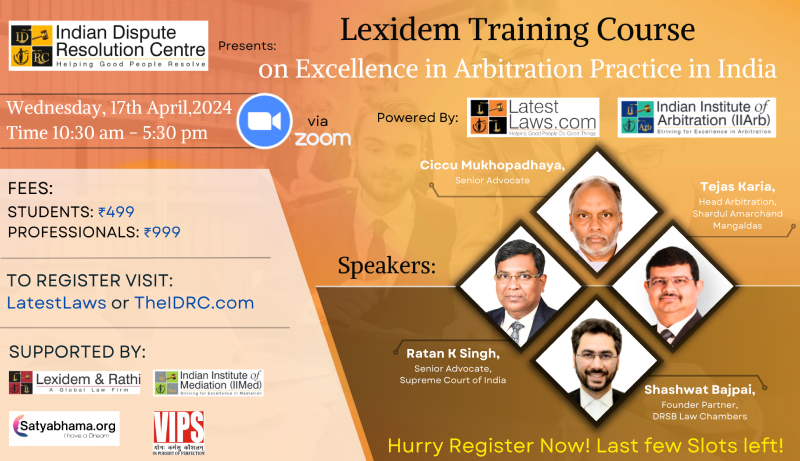The U.P. Prohibition of Ragging in Educational Institutions Act, 2010
(U.P. Act No. 14 of 2010)
UP129
(As passed by the Uttar Pradesh Legislature)
Recd. the assent of the Governor on 18.03.2010 and published in the U.P. Gazette, Extraordinary, Part I, Section (ka), dated 19.03.2010.
An Act to provide for the prohibition of ragging in educational institutions and for matters connected therewith or incidental thereto.
It is hereby enacted in the Sixty-first year of the Republic of India as follows :
- Short title. - This Act may be called the Uttar Pradesh Prohibition of Ragging in Educational Institutions Act, 2010.
| Object & Reasons6 |
| Statement Of Objects And Reasons - Ragging is an act of human torture. It is widely prevalent in educational institutions. In the present scenario, ragging is a curse in the civilized society. Certain States such as West Bengal, Maharashtra, Kerala and Assam have already enacted laws for prevention of ragging in the universities and professional institutions. In this State, ragging is raising head in its worse form and is needed to be crushed. In order, therefore, to make the universities and the professional institutions free from social injustice, mental, physical and other kinds of harassment in the form of ragging, it has been decided to make a law to provide for prohibiting ragging in the said educational institutions.
The Uttar Pradesh Prohibition of Ragging in Educational Institutions Bill. 2010 is introduced accordingly. |
- Definitions. - In this Act unless the context otherwise requires :
(a) "Divisional Commissioner" means the Divisional Commissioner within whose jurisdiction the institution is situated and includes an Additional Commissioner;
(b) "Educational Institution" means a school, a college, a University or any other institution by whatever name called, situated in Uttar Pradesh, imparting any type of education and includes an orphanage or a boarding or a hostel or a tutorial institution or a Coaching institution or any other premises attached thereto;
(c) "Head of Institution" means the Vice-Chancellor of a University, the Dean of Faculty, the Director of an institution or the Principal, or any other person responsible for the management of the institution.
(d) "Ragging" means asking a student to do any act or perform something, causing, inducing, compelling or forcing a student by way of either by words or sign or signal to do any act which detracts from human dignity or violates his person in any way or exposes him to ridicule, intimidating, wrongfully restraining, wrongfully confining and injuring or holding out to him any threat or intimidation, wrongful restraint, wrongful confinement, injury or the use of criminal force.
(e) "Student" means a student who has been pursuing his/her studies in an educational institution.
- Prohibition of ragging. - Ragging within or outside any educational institution is prohibited.
- Expulsion of student/lodging of complaint. - (1) Whenever any student or as the case may be the parent or guardian, or a teacher of an educational institution complains in writing of ragging to the Head of educational institution, the Head of educational institution concerned shall, within seven days of the receipt of the complaint, enquire into the matter mentioned in the complaint and, if prima facie, it is found true, expel the student who is accused of the offence, and shall immediately forward the complaint to the police station having jurisdiction over the area in which the educational institution is situated, for further action.
(2) Where, on an enquiry by the Head of educational institution, it is proved that there is no substance, prima facie in the complaint received under sub-section (1), he shall intimate the fact, in writing, to the complainant.
- Penalty for ragging. - Whoever directly or indirectly commits, participates, abets or propagates ragging within or outside any educational institution shall be punished with imprisonment of either description for a term which may extend to two years or with fine which may extend to ten thousand rupees or with both.
- Debarring of student. - Any student convicted of an offence under Section 5 shall not be admitted in any educational institution for a period which may extend to five years from the date of order of debarring.
- Appeal. - Any student expelled under Section 4 or debarred under Section 6, may prefer an appeal in the prescribed manner to the appellate authority within a period of thirty days, from the date of order and the decision of the appellate authority in such appeal shall be final.
- Appellate authority. - In the case of a school or a college imparting education up to secondary level, the Divisional Commissioner, in the case of an affiliated degree college, the Vice-Chancellor of the affiliating University and in case of a University the Chancellor shall be the appellate authority against the order of expulsion of a student under Section 4 or of debarring under Section 6.
- Overriding effect. - The provisions of this Act shall have effect notwithstanding anything inconsistent therewith contained in any enactment other than this Act, or any instrument having effect by virtue of any enactment other than this Act.
- Power to make rules. - The State Government may, by notification make rules for carrying out the purposes of this Act.
- Removal of difficulties. - (1) If any difficulty arises in giving effect to the provisions of this Act, the State Government may, by notified order, make such provisions not inconsistent with the provisions of this Act, as appears to it to be necessary or expedient, for removing the difficulty :
Provided that no order shall be made under this sub-section after a period of two years from the date of commencement of this Act.
(2) Every order made under this section shall, as soon as may, after it is made, be laid before each house of the State Legislature.












